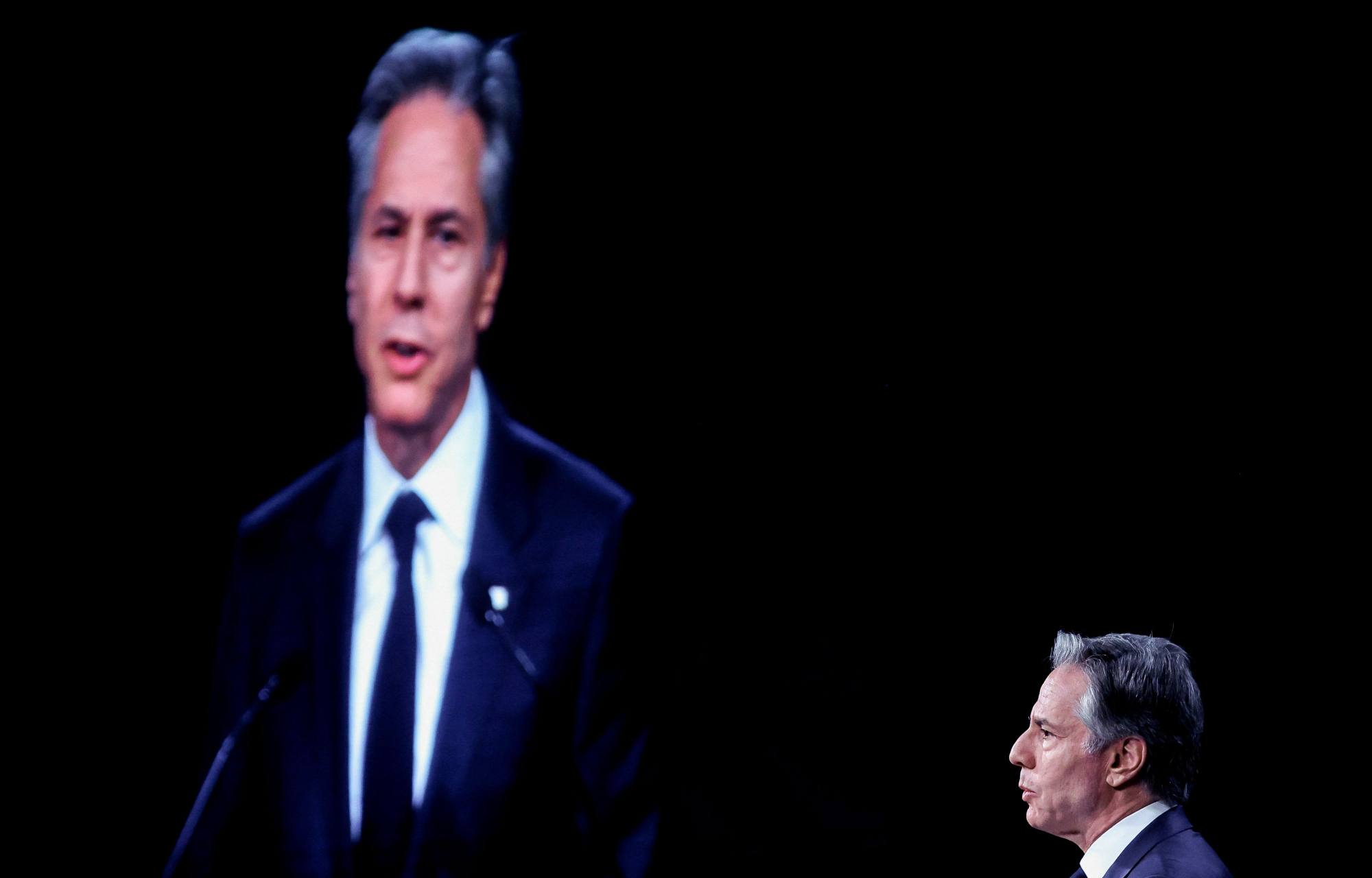
Listen to what US officials are saying and the divisive politics is clear
- From Blinken’s implicit on-the-menu threat and Burns’ China-bashing, to Raimondo’s iPhone-on-wheels concerns, US politics, whether foreign or domestic, is looking divisive, racist, arbitrary and counterproductive
Recent remarks by top US officials have attracted extensive attention. Last month, Secretary of State Antony Blinken said at the Munich Security Conference that the Biden administration has “made an investment, a reinvestment, in our alliances, in our partnerships, and in the multilateral system”.
There was immediate debate on what he meant by “the multilateral system” and “the table in the international system”. Some argued that they refer to the multilateralism based on the Paris climate agreement and the United Nations family.
But is this old tactic a panacea for the global chaos today? Or is it time to reflect on why Nato, the strongest military alliance on earth, can’t seem to put an end to the war in Ukraine after all this time despite a much-weakened Russia? Or why the US-Israel alliance, with its overwhelming military power, has not stopped Hamas from fighting fearlessly for a better Palestinian future?
If Blinken’s seeming threat is divisive, then US ambassador to China Nicholas Burns’ statement last month that “we don’t want to live in a world where the Chinese are the dominant country” sounds racist. During his CBS interview, Burns insisted China wanted to overtake the US as the dominant country, and “we don’t want that to happen”.
Burns must know China was among the world’s top economies for centuries during ancient times. But his lifelong experience is of US domination. He and hundreds of millions of fellow Americans believe US power can make a difference.
China’s rise as world’s green factory has put West on the back foot
Commerce Secretary Gina Raimondo wasted no time in underlining the dangers, saying in a TV interview that, given how the modern car is “like an iPhone on wheels”, Chinese cars could collect data on Americans and send them back to Beijing. If there were millions of Chinese cars on US roads, she said, one could “imagine a world where with a flip of a switch all of those cars could be disabled”.
From Blinken’s implicit on-the-menu threat and Burns’ China-bashing, to Raimondo’s iPhone-on-wheels concerns, American politics, whether foreign or domestic, is looking divisive, racist, arbitrary and counterproductive.

Before he could finish, however, one reporter interrupted with “unless you invade them”, prompting laughter in the room. Miller smiled, shaking his head, and said “good one” – before dismissing it all as “stand-up hour” in the briefing room.
Xu Xiaobing is director of the Centre of International Law Practice at Shanghai Jiao Tong University Law School

